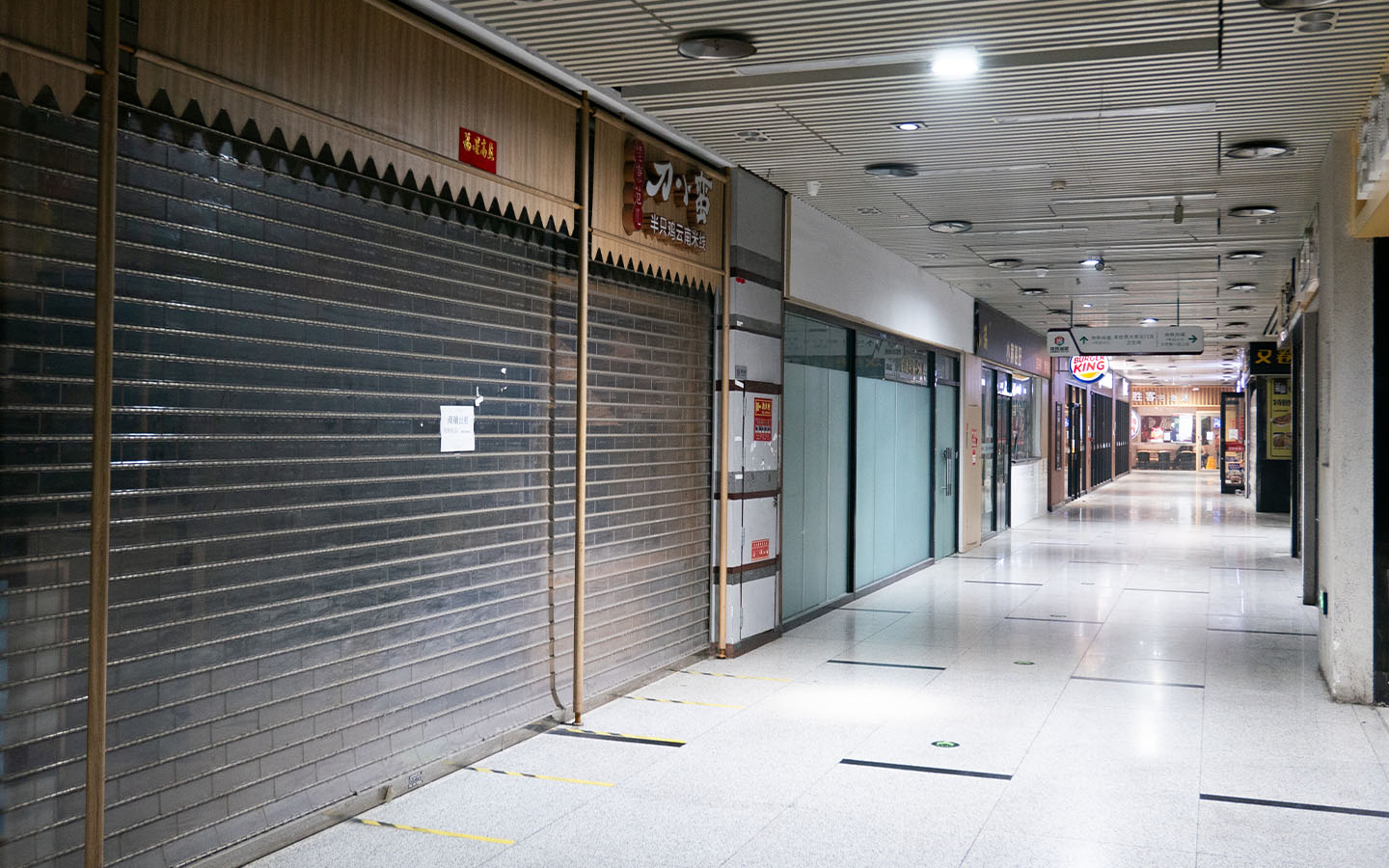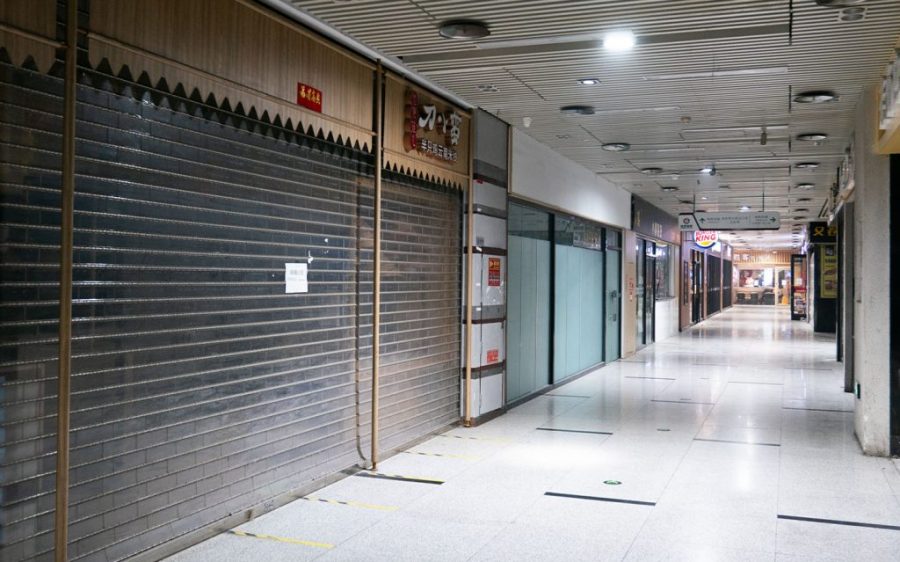Restaurant closures in China reached an historic high in 2024. According to mainland food media outlet Hong Can Wang, almost 3 million restaurants went out of business last year.
The media group cited several factors for the surge in closures, from “uncertainties in the external environment” to “the shrinking assets of the middle class” and a tendency for consumers to spend more “rationally.”
The closures affected small businesses and well-known brands alike. Taiwanese fast food chain Hot-Star Large Fried Chicken recently announced that it would begin shutting down all its stores in the mainland, while one of the mainland’s most popular domestic coffee brands, Pacific Coffee, closed over 100 stores in the past year.
The long-term forecast doesn’t look much better for China’s food and beverages industry. Hong Can Wang reported that this was “only the tip of the iceberg,” as many other brands fell into insolvency in 2024 – even once prosperous tea stores and hotpot restaurants.
Milk tea chain Cuo Nei Village had nearly 500 stores in more than 80 cities at its peak, but fewer than 50 remained as of early last month. Hotpot brand Just Thai has also lost dozens of outlets, with just three remaining today.
[See more: President Xi offers reassurances on China’s economy for 2025]
The rapid decline of China’s restaurant sector coincides with the country’s weakening economy, which has been strained by a host of problems, including record youth unemployment, an ailing property market, the prospect of tariffs from the US and the scars of the Covid-19 pandemic.
“There has been weak domestic economic recovery since the ending of the pandemic restrictions,” said a Zhejiang commentator – identified by the surname Lu – in an interview with Radio Free Asia.
Locally, Macao’s restaurant sector is also struggling, as more residents are choosing to spend in neighbouring Zhuhai where prices are cheaper and choices are more diverse.






